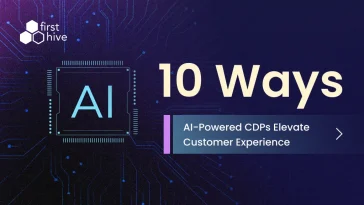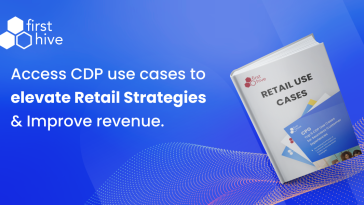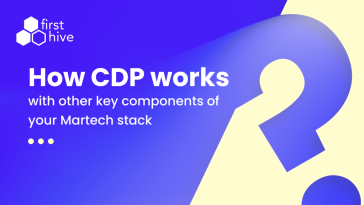Evolving enterprises rely on multiple storage options. They could be across any or all of the available options — on-premise hardware, software, and cloud-based systems. The pressure of compliance increases with multi-location storage. Data security and data privacy become top priorities with the threat of increasing the cost of legal ramifications, customer disputes, and oversight leading to data breaches.
It is not just about being fined as Google or Facebook of the world. Businesses offering financial, retail, content, healthcare, and other similar services that rely on customer data to fulfill or enhance the product need to adhere to the global data protection regulations. Their data protection policy needs to spell out detailed cookie and privacy policies that educate the customers about how their data is being used and how they can opt-out of the service to protect their data privacy.
Who is responsible for Data Protection?
To be able to achieve a transparent and compliant organizational data protection policy, CIOs, CMOs, and CDOs look for collaborative assistance from each other. Data is a common asset handled by these three roles among the leadership.
Data as an asset is included as an element for valuation in the financial balance sheet. Predictions score the collective sum of the world’s data will grow from 33 zettabytes in 2018 to 175ZB by 2025, for a compounded annual growth rate of 61 percent.
The growing importance of data requires Data managers to stay ahead of the changing regulatory landscape. We have created a comprehensive data protection handbook spread across episodes addressing many of the country-specific data laws and regulations.
One common aspect that comes to their rescue is a Customer Data Platform (CDP) that complies with several data laws. CDPs are designed for data audits in continuum to avoid breaches. Here is a quick overview of why CDPs protect organizations against international data laws.
Why do you need CDPs for Data Protection?
 Third-party cookies are going extinct
Third-party cookies are going extinct
Traditional data officers such, marketers, IT managers relied on Data Management Platforms (DMPs) to extract necessary data for their decisions. But DMPs used third-party data and data coming from cookies. But now, cookies are not encouraged by many data laws. This has imposed data-hungry officers to look for other technology avenues. CDPs help aggregate first-party data. This technology relies on more than one source to create and enrich customer profiles.

CCPA & GDPR complaint
For companies to remain compliant with the most stringent data laws, a CDP adds value. Using a CDP, an organization can adhere to the right to be forgotten, reporting for audit disclosure requests, identity resolution, and cross-channel preferences that each customer opts for.

Programmatic advertising adherence
With newer regulations like the Personal Data Protection Act (PDPA), programmatic advertising becomes more complex. There are multiple permissions that a business needs to seek and the data collected for a given purpose cannot be repurposed for a different reason during the long course of association. This delays launch of ad campaigns in a programmatic manner. However, with a CDP that tracks such laws and allows the marketer to segment with legal criteria, the process of gathering traction and data through programmatic ad efforts can be shortened.

Sector-specific Data Laws
Data is treated in a different way by each industry and further by each sub-sector. CDPs can be leveraged to meet the needs of retail, financial institutions, manufacturing, digital business, and others, in exclusivity.
Marketing Ecosystem for Data Protection
It is not just businesses, but the entire ecosystem that adds to a marketer’s context is receiving a facelift. For instance, browsers have tightened their services and how users can deploy them, how much do online survey tools, email marketing providers allow users to gather lead and customer data, and moreover the entire marketing technology space has shied away from flaunting data collection as a feature in their product feature lists.
Customer Data Platforms help in some or all of the following ways to help a collective shift towards data protection.
- Curate a digitized and centralized repository of metadata for consistent, secure, and efficient governance across data stores.
- Deliver an automated solution to identify sensitive data in accordance with the applicable data protection regulations and map the same with relevant data protection policy.
- Policy-based data anonymization with different laws emerging from different nations.
- Leverage an approach of centralized monitoring of the policy with localized policy processing of sensitive data.
- Enable role-based data access to deal with sensitive data management.
- Promote shorter deployment cycles of agile development methodology demands prompt availability of privacy-safe test data for development and testing.
The collective shift in the marketing ecosystem presents a need to look for more reliable and robust data management options. CDP being the one that promises data compliance. To know more or to arrange a demo, write to us at marketing@firsthive.com








